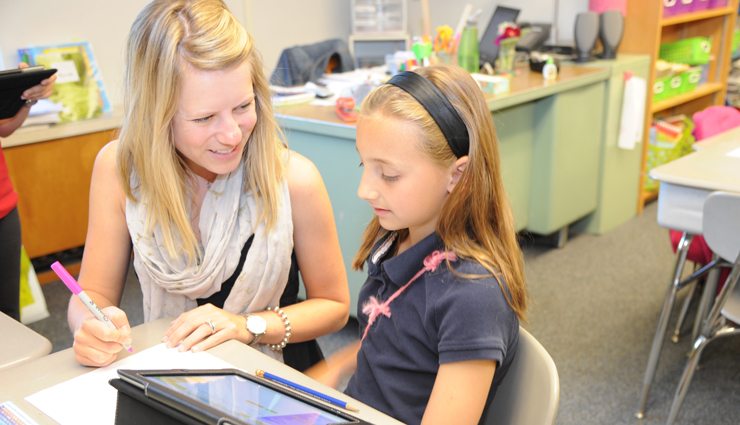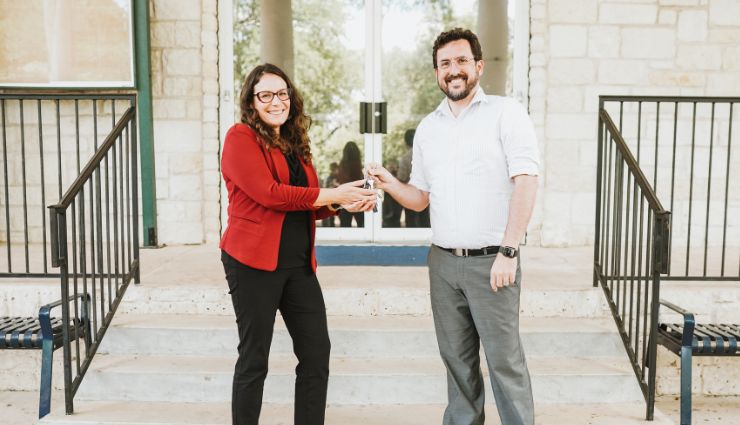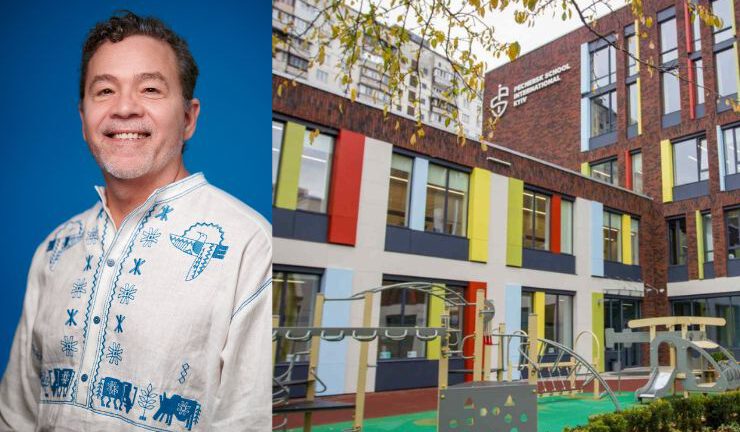What’s It Like to be an Intern or Fellow? -Part 1

There are many different types of internships offered for recent college graduates, and sometimes even for people making career changes. We often get questions about what these internships look like and why they are worthwhile opportunities, so we asked for feedback from over 20 of our recently placed interns. Check out their responses below!
What Sort of Work Will I Do?
Schools will often hire our candidates as either a general intern who works with different grade levels in different departments, or as a subject-specific intern.
“As a fellow, I started off observing several classes across different disciplines. After a month or so, I gradually was given more responsibility and began not only teaching once or twice a week but also providing extra academic support to students from other science classes. Starting this January, I’ll be teaching one class independently and next year, I will be responsible for teaching two classes independently.”
“My role as a chemistry teaching fellow has primarily been to observe during the fall term, but going into the latter half of the winter term, I am preparing to teach a unit on gas laws.”
“I teach two classes, assist with an after-school activity, and help provide students with additional study and writing aid in our Education Support Services program. The fellowship is a two-year position; this year I am teaching two sections of United States history to eleventh graders, and next year I will likely teach Modern World to tenth graders. For my additional activity, I help run Debate Team practices four days a week and judge tournaments on the occasional weekend.”
“I am teaching two sections of chemistry, and absolutely adore my students. They are the highlight of my day, even when they drive me crazy!”
Will I Do Anything Outside of the Classroom?
Often, interns are asked to take on extra-curricular activities as part of their role.
“This past fall, I coached JV Girls soccer and I hope to become more involved in the extracurriculars including the international trips towards the end of the year.”
“Assistant coaching JV volleyball and basketball has been the time where I’ve been able to create relationships with students. I shadow dorm duty one night a week and by the time ED college letters were coming out, I found myself hugging all the girls in congratulations even though I hate hugging.”
“I am also teaching a spin class for PE, advising girls interested in STEM internships, and coaching varsity softball in the spring.”
“I’ve also been thankful to coach and serve as a house counselor, which have given me a great chance to get to know a higher percentage of the student body and to be involved in different parts of campus life.”
Will I Have a Mentor or Other Resource at the School?
Mentoring is often an added bonus to a fellowship.
“So far this year I’ve been co-teaching three Latin classes with a mentor teacher, and I’ve been leading a directed study for senior students in Ancient Greek. I work with my mentor teacher on a daily basis to plan lessons and units for the Latin classes, and I model this in my planning for Ancient Greek. I also attend weekly fellowship meetings with the fellowship coordinator to discuss pedagogy.”
“I co-teach eighth grade Algebra with my mentor, Malorie, whom I greatly admire. We share and often swap responsibilities for the class: she usually teaches while I observe, but I’ve prepared and taught quite a few lessons of my own. We both grade our students’ assignments and provide them one-on-one support before, during, and after school. I attend all faculty, grade-level, and department meetings and am treated with no less respect than even my most senior colleagues.”
“I meet frequently with my mentors and other faculty, and help plan the classes with which I’m involved. Administrators and other teachers regularly observe my own class to provide feedback.”
“After observing my master teacher for a few weeks, I assumed full responsibility for three of our five classes. She observed, advised, and critiqued me as I developed lesson plans, commanded the classroom, created assessments, and built professional relationships. In addition to my master teacher, the program coordinator, MCL department chair, and middle school principal are all eager to answer my many questions about both the day-to-day and big picture of schools.”
Any Other Perks?
There are a lot of additional perks that sometimes include housing, off-campus trips, and being able to run your own clubs or activities.
“Outside the classroom, I enjoy living with two other Fellows in a house just off campus, which has become a place for all the Fellows when we want to be surrounded by peers instead of students. Coaching and working in the dorms have also been extremely gratifying. I am running a pre-season training program for the girls’ tennis team and feel like I am contributing a lot to the program.”
“I lead a weekly social-emotional learning session for a group of sixth-grade boys and run the daily after-school homework hour for the entire sixth-grade class. I substitute for other teachers as needed and chaperone all field trips–including a five-day journey backpacking through Joshua Tree National Park!”
“Beyond the classroom, I help coach cross country, cheerleading, and soccer, which has helped me articulate my philosophy of educating the holistic student. Coaching has also expanded my professional network. Over spring break, I will lead a fully-paid-for service trip to Guatemala.”
In my next post, I’ll share our candidates’ feedback about the benefits and reasons for taking an internship.
LeeAnn Parker is a Placement Associate at CS&A.








